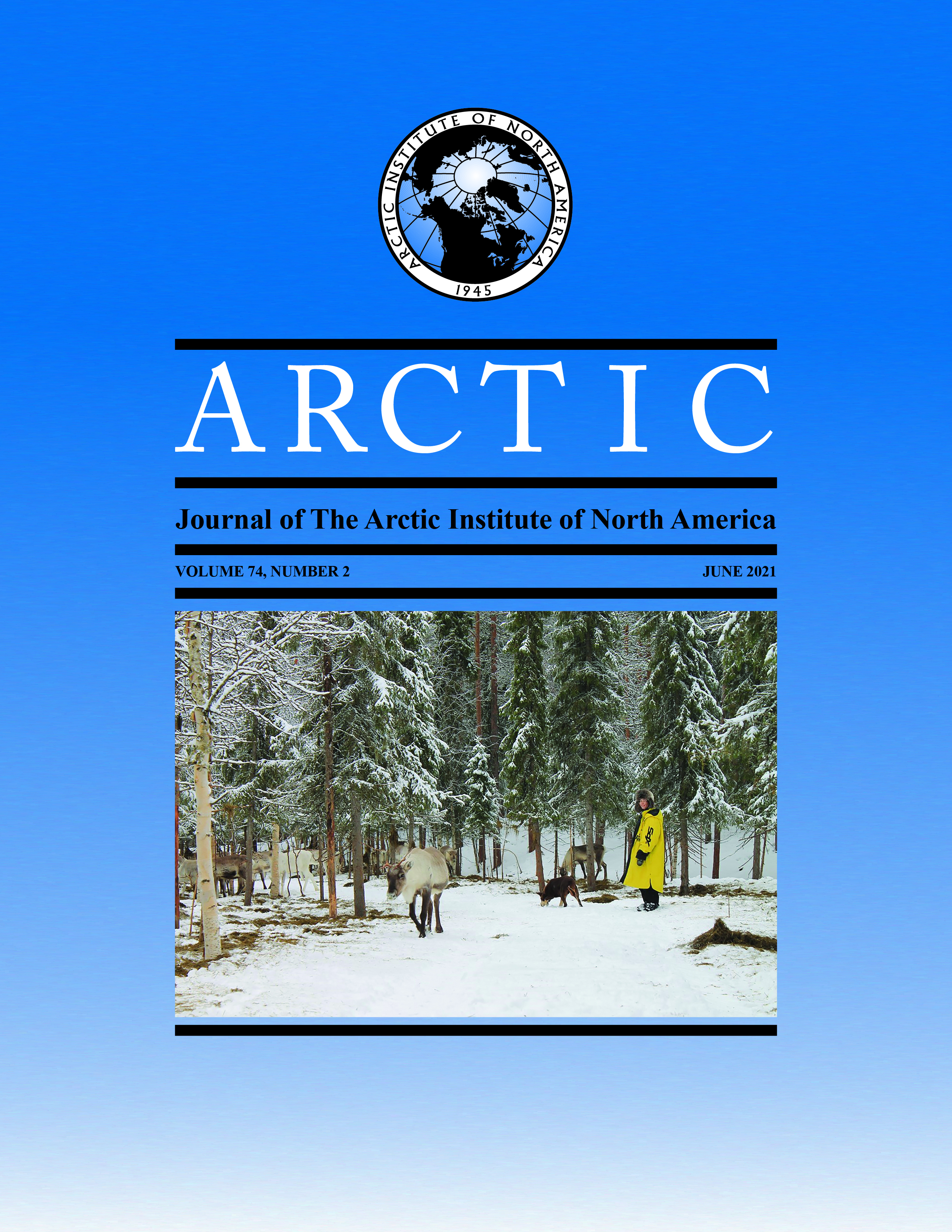Responding to COVID-19: Contextual, Pedagogical, and Experiential Considerations from Canadian Northern Postsecondary Educators
DOI:
https://doi.org/10.14430/arctic72430Ключевые слова:
educational response; COVID-19; technology-enabled teaching and learning; critical constructivism; determinism; circumpolar; Canadian Arctic; reflection; postsecondary; lived experienceАннотация
The COVID-19 pandemic forced the closure of face-to-face classes in a northern Canadian college in March 2020. Educators and staff went into rapid response mode to continue teaching and supporting students from a distance. Critical reflections were written by the authors to summarize their responses to teaching and learning during the early phases of the pandemic. These reflections were themed, considered individually and collectively, then analyzed and synthesized. In this paper, critical reflection is used as an educational process within the context of critical constructivism and transformative paradigms. We share how teaching during the pandemic solidified our commitment to students and cemented our critical pedagogy by thinking and acting critically to assist students with this disruption in their education. Equipped with these capabilities, educators are empowered to work with students to problem solve and transform our educative lives for a just society. An inter-professional opportunity across programs, spurred by the pandemic, meets organizational strategic directions and fosters a promising relationality. Increased territorial and local technological supports and internal professional development is needed to solidify the immense prospects for distance education as the College transitions to a polytechnic university.
Скачивания
Загрузки
Опубликован
Выпуск
Раздел
Лицензия
Copyright (c) 2021 ARCTIC

Это произведение доступно по лицензии Creative Commons «Attribution» («Атрибуция») 4.0 Всемирная.


